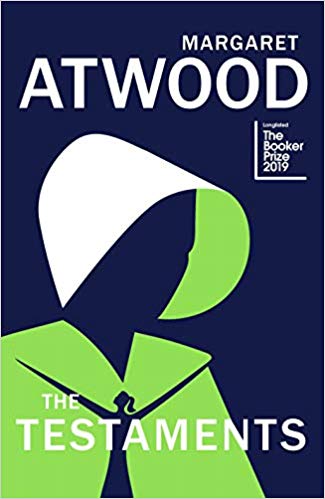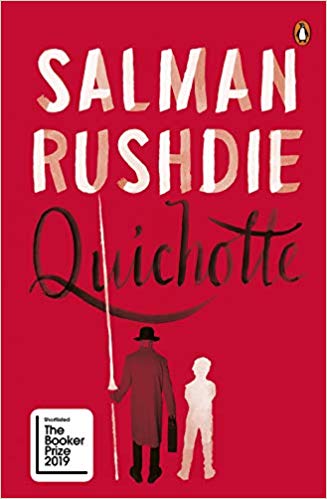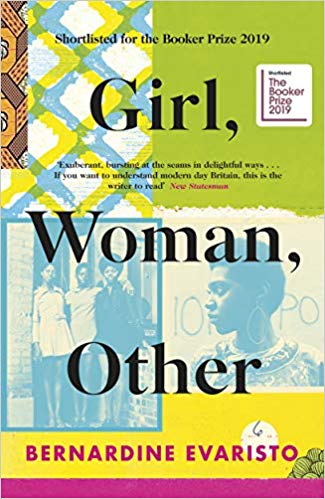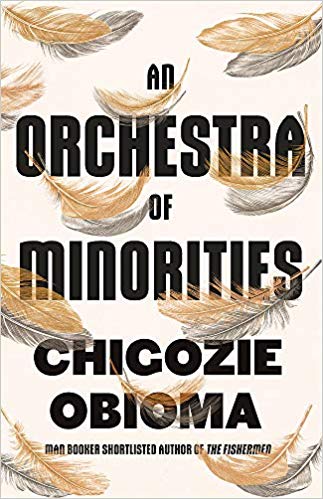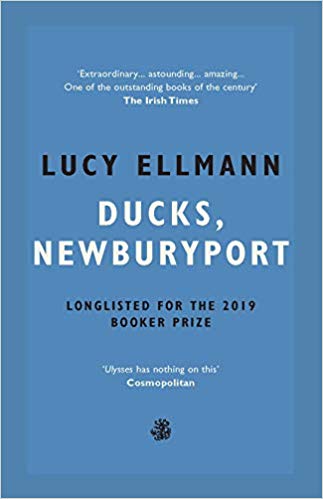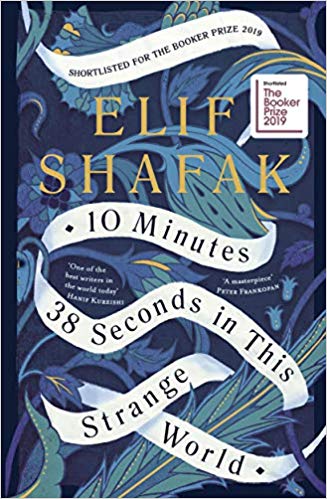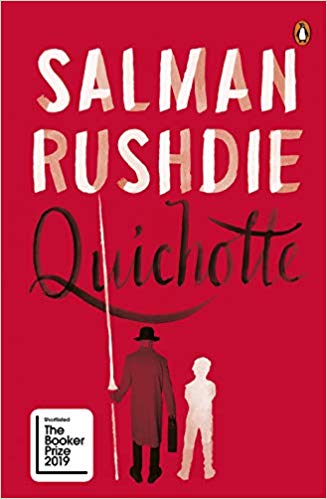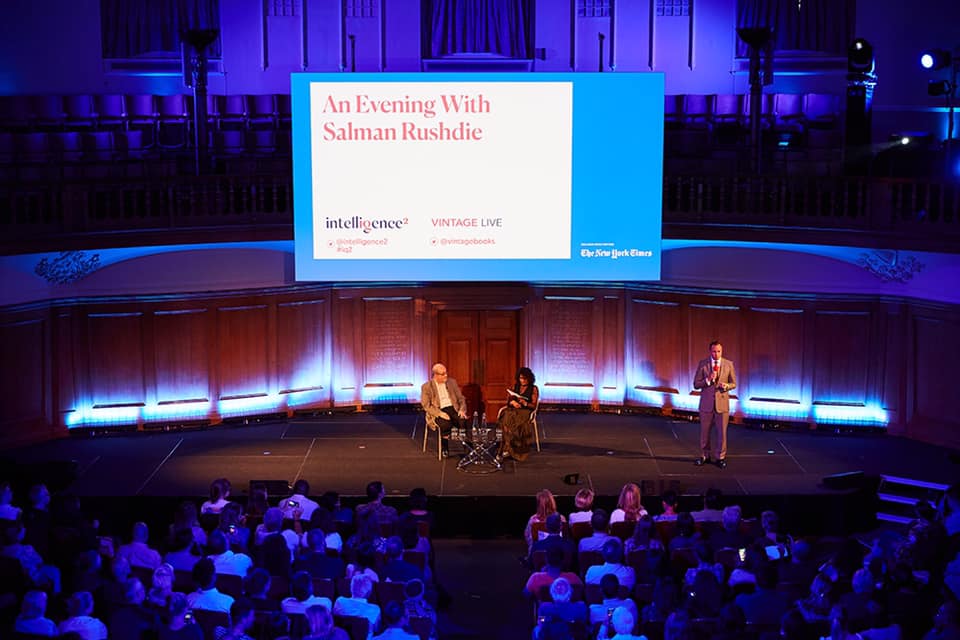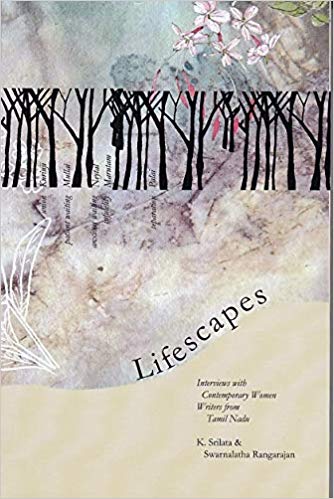The Booker 2019 shortlist
The Booker Prize is to be announced on Monday, 14 October 2019. This time it consists of very well established writers and previous Booker winners like Margaret Atwood and Salman Rushdie. The other writers shortlisted include Elif Shafak, Chigozie Obioma, Lucy Ellmann and Bernardine Evaristo. Every single title shortlisted is unique and that is exactly the purpose of a shortlist — to highlight the variety of writing, experimentation in literary forms and the author’s ability to tell a fresh new story.
Quichotte by Salman Rushdie is a modern enactment of Cervantes Don Quixote and involves a salesman of Indian origin, Ismail, who travels across America on a quest — in search of his beloved, a TV show host. It is at one level a bizarre retelling of the popular story with big dollops of magic realism also thrown in. But most importantly it is the commentary offered on the global rise of despots, notion of dual identities, migrations, what it means to be a refugee in modern times, status of women, patriarchal ways of functionining, sexual harassment etc. It is like a broad sweep of events set in three nations — USA, UK and India. At the same time it is a commentary that is very relevant to the socio-political turmoil evident globally. These are also the three countries that Rushdie has lived in and migrated to. So Quichotte in many ways is a triumphant storytelling but it is also a sharp commentary on contemporary events that are taking a horrific turn. In many ways this is a sad reminder for someone like Rushdie, a Midnight’s Child, born soon after India gained independence from the British in 1947 and wrote about it in his Booker winner and Booker of Bookers The Midnight’s Children. He has witnessed modern history for more than seven decades and to see history more or less come full circle with the rise of fascism and blatant acts of genocide, construction of concentration camps in the name of detention centres for migrants is a more than unpleasant. It requires a storyteller of his stature who has himself lived under the very real threat of death while the fatwa issued against him for writing The Satanic Verses existed, to write confidently and offer his commentary on modern times. If the garb of magic realism, a quest and relying upon many literary references that at times allow Rushdie to offer his thoughts while making Quichotte seem disjointed, well, ce’st le vie — it is a reflection of our reality and needs to be articulated. Read this extract from the novel. Also listen to this fascinating podcast on the Intelligence Squared website where Salman Rushdie spoke to BBC journalist Razia Iqbal in front of a live audience in London on 29 August 2019.
Elif Shafak’s 10 Minutes 38 Seconds is a reference to the time the brain waves continue to be sent after a person has been declared clinically dead. This is the duration during which the novel’s protagonist, a prostitute called Tequila Leila, who has been killed and whose body has been placed in a sil, reflects upon her life and her friendships. It is a stunning book for its immediate preoccupation with refugees as epitomised by the small circle of friends of the narrator. It is also a story that touches upon gender issues, patriarchy, censorship, rise of fascist despots, freedom of expression, marginalised groups, sexual freedom etc. While it is a novel that raises many issues, it is unlike Quichotte, restricted to Turkey and its immediate vicinity. In an interview to the Indian Express, Shafak said, “The novel is one of our last democratic spaces“.
Lucy Ellmann’s Ducks, Newburyport is described as a one-sentence, 1000-page novel, which seems daunting to read, but it is the interior monologue of a woman. A narrator who merges her thoughts as most women do while contending with their daily mental load of managing responsibilities and offering commentaries upon the world around them. She flits between her immediate preoccupations with general reflections upon global politics, especially Trump. While reading the novel there are moments that one punches a fist in the air to say, “Yes! Ellmann got this right about women and their reflections.” Then there are other moments where one wishes that like James Joyce’s Ulysses manuscript written in colour-coded crayons, Lucy Ellmann too had figured a way of colour coding her novel by making the perceptive observations of a woman being highlighted for at times the meanderings into political landscapes and beyond can be a tad tedious. Lucy Ellmann’s writing style in this novel has often been compared to James Joyce by critics for whom the author had a fantastic reply in an interview she gave to The Washington Post:
Thrilled. But again, to me the connection seems remote. Many reviews have mentioned that my father was a Joyce scholar. Actually, my sister’s one too. But . . . I’m not! My father [ Richard Ellmann] did talk a lot about Joyce when I was growing up, when my mother didn’t put her foot down. But mostly, I tuned it out. I regret that now — especially when people come to me with their Joyce questions! Still, I think it’s weird for reviewers to bring up what my father did for a living. How often is the parentage of male novelists in their 60s mentioned?

Bernardine Evaristo’s Girl, Woman, Other is a “novel” about 12 black women characters, most of them British. As an example of literary experimentation in terms of form, using blank verse as prose, to tell loosely interconnected, intergenerational, stories is fascinating. There is a rhythm that is mesmerising and lends sections of this novel to performance poetry. These are voices that suddenly make apparent the distinctions that exist amongst individuals in that “broad” spectrum of “black British women”. There are many instances in the book that make the women across generations offer their opinions about living in a patriarchal society, the position of women and the challenges it offers on a regular basis. Many of these questions are often raised and discussed even by feminists and many other ordinary women who do not necessarily wish to be labelled as feminists. The fact remains these are issues linking women across the world. Yet while the author’s heart is in the right place of creating this landscape, too much energy seems to have been invested in crafting the form rather than ensuring that the women’s conversations are at par with the magnificent form. At times, their observations sound too thin or as the Guardian review puts it aptly, “naive”. This mismatch in quality of craftsmanship and getting the tenor right of the women character’s preoccupations was not to be expected in such a talented writer. Evaristo is widely tipped to be one of the favourite of bookies and critics, like John Self in The Irish Times, in tomorrow’s announcement of the Booker Prize.
The only other writer on this year’s shortlist, apart from Rushdie, to have won the Booker Prize is Margaret Atwood with The Testaments. It is a sequel to her iconic book The Handmaid’s Tale which went through an immense revival achieving almost cult-like status in the wake of the #MeToo movement. It led to a TV adaptation where Atwood had a cameo role too. The red and white dress rapidly became a symbol of resistance in many a young woman’s mind. Atwood wrote The Testaments while the buzz around The Handmaid’s Tale was rife. It is undoubtedly a smoooooooooooth read and is justifiably so the “dazzling follow-up” to The Handmaid’s Tale as affirmed by Anne Enright in her review in The Guardian. Nothing less is to be expected from Margaret Atwood, the High Priestess of modern sisterhood, as she so marvellously creates this story even with its painful moments. It is a story that can be read as a standalone or in quick succession after The Handmaid’s Tale but the skill of Atwood’s storytelling comes to the fore in this novel. It is also probably easier to read, stronger in the punches it delivers and richer for its details, given that it is very much a product of modern times where many debates regarding women, their rights and freedoms within a patriarchal social structure are being questioned. The audience is now receptive to such tales. Hence it is no surprise that bookies are tipping this to be the favourite to win tomorrow’s Booker Prize.
Chigozie Obioma’s An Orchestra of Minorities is a retelling of Homer’s Odyssey in the form of Igbo storytelling. It is a kind of storytelling associated mostly with male storytellers. It merges many well known traditions of storytelling and is mostly anecdotal, relying a lot on folklore elements. It is a form that was used by Chinua Achebe in Things Fall Apart too. Obioma has been referred to in a New York Times article as the “heir to Chinua Achebe”. Nonso, a chicken farmer, is the protagonist in An Orchestra of Minorities who travels out of Nigeria and gets involved in many adventures including becoming the victim of a scam. It can get a little convoluted as presumably this Igbo art form is mostly meant for oral performances and not meant to be read as the printed word, a form that exerts its own set of rules and demands upon the reader — most noticeably being that of making limited allowances for digressions and purple prose. This constant tussle between the two forms of storytelling — Igbo and the English literary tradition of the novel— makes for a challenging read with only flashes of brilliance. Perhaps Obioma who has been most fortunate in having both his novels shortlisted for the Booker Prize will win this prestigious literary accolade with his third novel and not succumb to being “three times bridesmaid never bride”.
Literary shortlists serve many purposes. Most noticeably of showcasing the variety of literature available in that particular year of the prize announcement. These shortlists are increasingly becoming relevant to the socio-political events that seem to influence writing and reading patterns too. Within this context, the 2019 Booker shortlist is a formidable gathering of experienced writers. Everyone, even the most seasoned of writers, likes a win and the value of this prize is £50,000. Irrespective of how the bookies are placing the writers for tomorrow’s win, it will in all likelihood be a close call between Rushdie and Shafak. If Evaristo wins, it will only be because of the jury taking into consideration hyper-local factors of being a black woman writer in UK particularly during the Brexit phase. It would be perfect if Rushdie wins this prize once more, making it a hat trick for him at the Booker. He deserves to win for his literary fiction such as The Midnight’s Children and now Quichotte have not only documented critical moments in modern history but these novels are timely and relevant for the wisdom they impart. The characters in Quichotte are migrants like Rushdie and many others, “the broken people …are the best mirrors of our times, shining shards that reflect the truth“. Quichotte offers much more than just looking at a narrow canvas of one topic or one region but broadens the horizons to highlight many of the issues gripping the world are not bound to a nation state but are spread like a rash globally. What is even more horrific is that Rushdie has in his lifetime of three score years and ten witnessed crimes against humanity that one thought were rid off but seem to have returned with despicable vengeance. Quichotte is a triumph of literary craftsmanship as Rushdie is writing about these moments in history that he has witnessed while maintaining a firm grip on imbibing and merging many forms of literary traditions and storytelling to formulate a new one. There are far too innumerable to list in this round up. Suffice to say that if any novel in the shortlist deserves to win, it is Quichotte.
13 October 2019

